Description
Editorial Reviews
Review
Praise for the previous edition:
“The USC documentary faculty has required this excellent book in all our documentary courses since its 1st edition. Rabiger has added to his in-depth analysis of the creative and practical implications of documentary production in this latest edition, with new sections on grant writing, technology, and case studies. The book is essential for students and it’s also one that every professional documentary filmmaker can constantly refer to and be inspired by.”
Doe Mayer, Professor, Mary Pickford Chair of Film and Television Production, School of Cinematic Arts, University of Southern California
“This book is a time-proof classic, a one-of-a kind roadmap to reaching excellence in documentary making that reads like good, inspiring literature. I have collected and read all of its editions avidly, and can already see that this new edition will serve as an invaluable companion for any documentary filmmaker.”
Juan Francisco Urrusti, Professor, Centro de Capacitación Cinematográfica (Mexico); Documentary Filmmaker, A Long Journey to Guadalupe
“Rabiger’s ‘two-stage’ approach to documentary filmmaking takes the reader on a comprehensive journey from concept development to finished documentary and distribution! His sixth edition of Directing the Documentary is a must-have in any serious documentary filmmaker’s library.”
Gene F., Digital Filmmaking Instructor, The Art Institute of CA – Silicon Valley
About the Author
Michael Rabiger began in the cutting rooms of England’s Pinewood and Shepperton Studios, became an editor and BBC director of documentaries, and then specialized for many years in the US as a production and aesthetics educator. At Columbia College Chicago he was co-founder, then chair of the Film/Video Department and founded the Michael Rabiger Center for Documentary. He has directed or edited more than 35 films, was a founding faculty member and then Chair of the Film/Video Department at Columbia College Chicago, and has given workshops in many countries, designed and led a multinational European documentary workshop for CILECT, won the International Documentary Association’s Scholarship and Preservation Award, and was also awarded the Genius/Career Achievement Award by the Chicago International Documentary Festival. He is the author of Developing Story Ideas and co-author of the enormously successful Directing: Film Techniques and Aesthetics, now in its sixth edition
Courtney Hermann is an Assistant Professor of Film at Portland State University, an award-winning independent documentary filmmaker, and a non-fiction media producer. Courtney’s work is distributed by Public Broadcasting Service and its affiliates, through educational film catalogues, at film festivals, and through impact distribution to community partners.








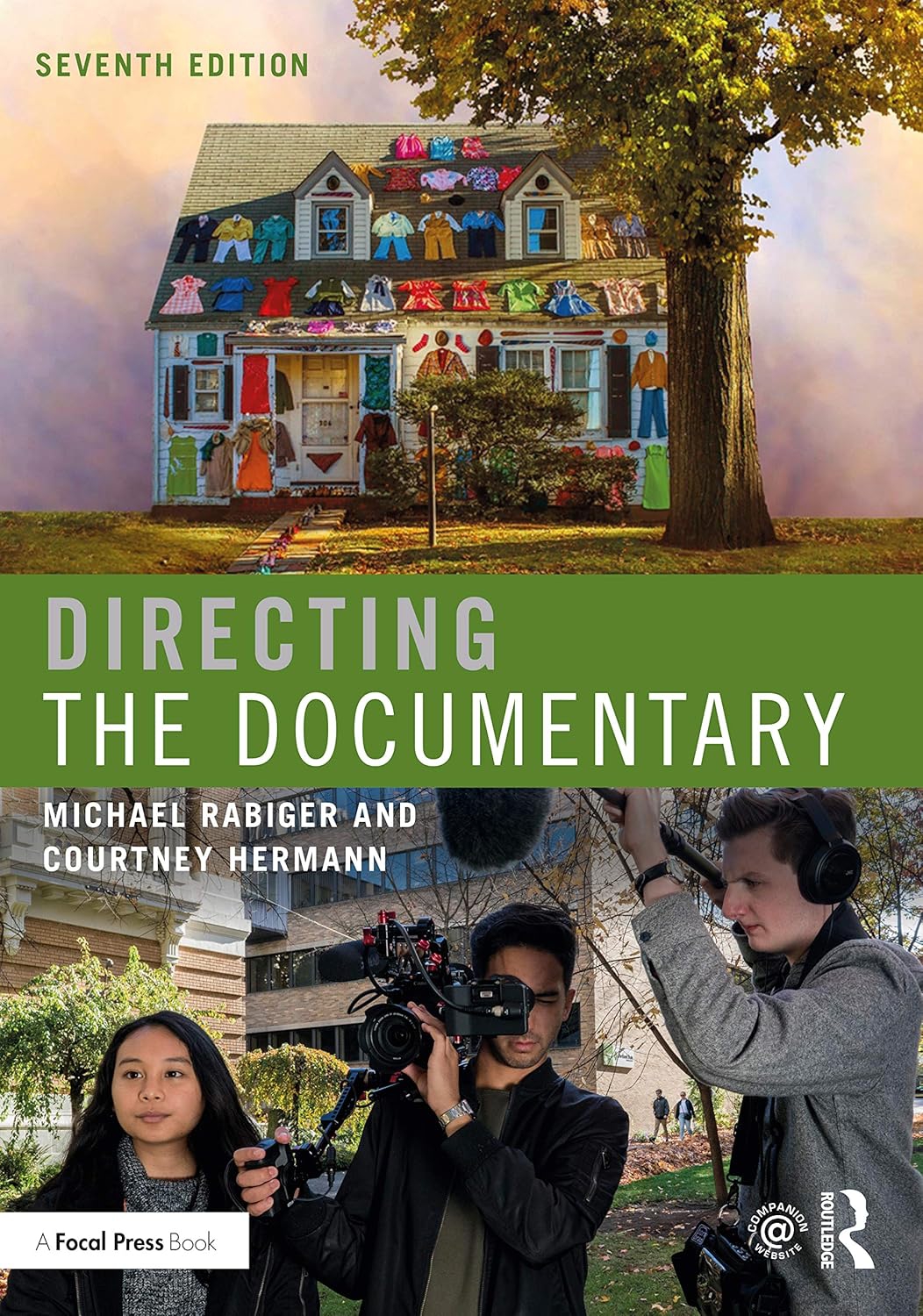
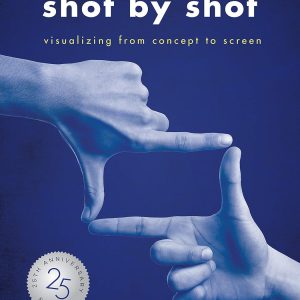
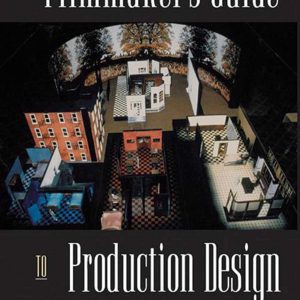
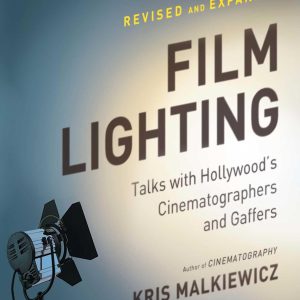
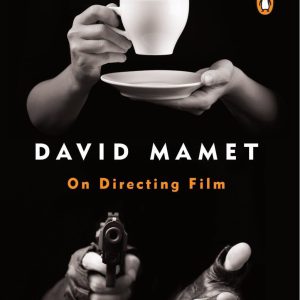
Conrad J. Obregon –
Directing a documentary is not like directing a narrative fiction film. There are no formal sets or scripts or direct control over events. Instead, one has to shoot or find what one can and then hope to edit the material to make a point.The author has written a comprehensive book that touches to one degree or another upon every aspect of documentary filmmaking, from the original idea to distribution of the product. The book is written for students in a film program. There are countless checklists both in the book and downloadable from a website in a printable form.Unfortunately, a critical reading is required because Rabiger seems to see making a documentary as a personal catharsis for the filmmaker’s psyche. The writing is tedious and the ideas presented are either repeated unnecessarily several times or skimmed over very lightly. Moreover, the author’s definition of documentary excludes a great deal of non-fiction material, like wildlife videos and current events. Instead, the author asks the student-reader to create the non-fiction arc of the Aristotelian narrative within the context of exposing negative social conditions (although he will occasionally refer to a positive documentary film). He even suggests that the director may have to precipitate a crisis. Many of his ideas might lead the reader to the wrong conclusions. For example, the author suggests it may be more important to tell the spirit of the truth rather than a literal truth. That’s the quagmire that led Werner Herzog to include a quote from Blaise Pascal in a documentary, which Herzog later admitted was not made by the philosopher, but would have been made if he had considered the question Herzog was dealing with. (That story is not in the book.)Rabiger is also careless with his use of language. For example at one point he says a person will act more naturally as he falls back to his officious self, when he probably means official. Sometimes he is just flat out wrong as when he describes a Sennheiser headphone as ear enclosing when it is on-ear.Yet, he certainly provides some useful hints about things like interviewing parties. I only wish they had been assembled in a single location rather than scattered throughout the book. On the other hand, even though almost everyone who writes about documentaries, including Rabiger, acknowledges that documentaries are made in the edit, there is little discussion of the relationship of director and editor.Despite all these complaints, I recommend this book because it is so comprehensive. However, the field of digital documentary is so broad that those anticipating entering it will have to study many other texts to get a firm handle on it. Meanwhile, keep a critical mind.Note: The publisher provided me with a review copy of this book at no charge.
Mr J D Clay –
doc directing 7th edition
good up to date book of documentary filmmaking, trends and techniquesvery useful resource if quite expensive (over 50£)
Mattia Capra –
Good book
I would say it’s targeted to intermediate filmmakers, even people on the verge to becoming professionals. However, I would have liked it if it included more information on how to create a more modern cinematic documentary. I understand that the story is the backbone of the documentary, but nowadays the cinematic visuals are also important. Not saying you need a £500000 camera but some advances tips would have been helpful.